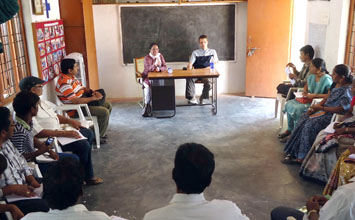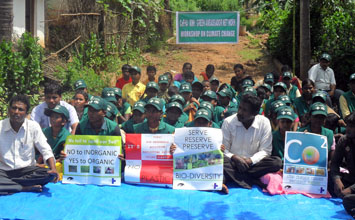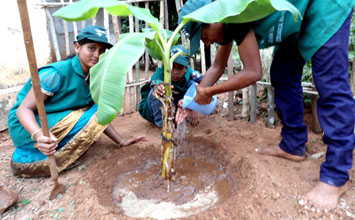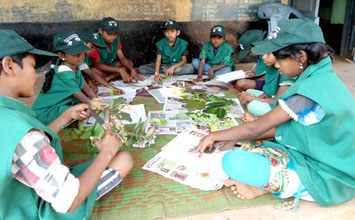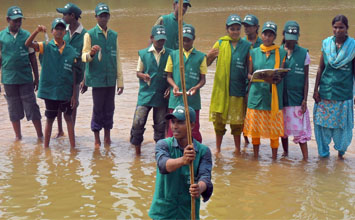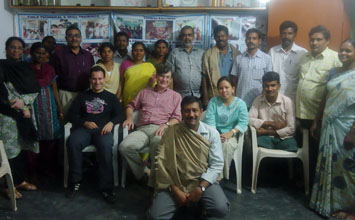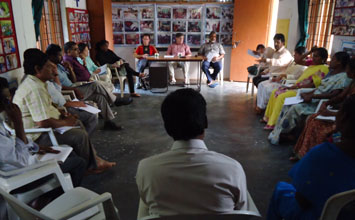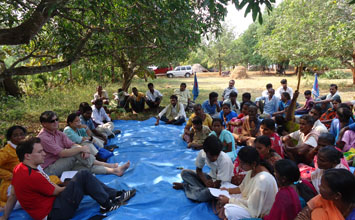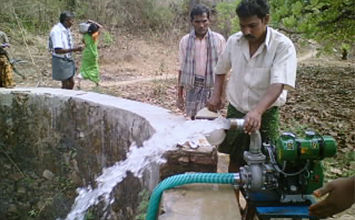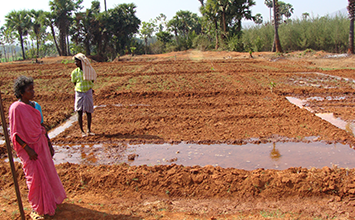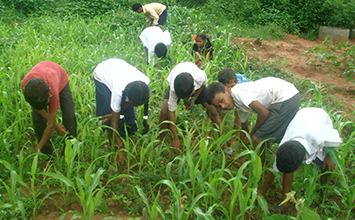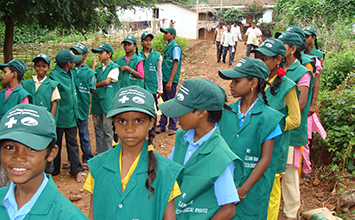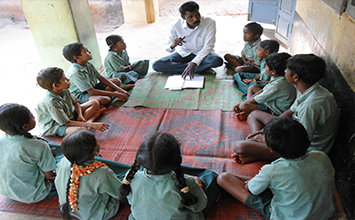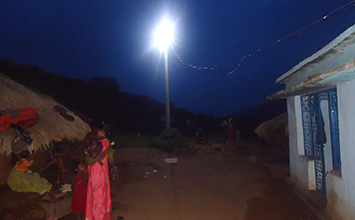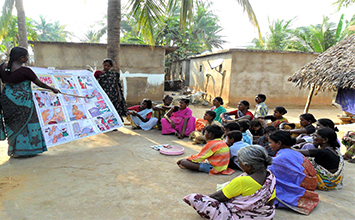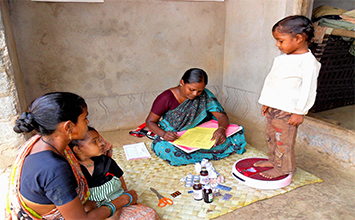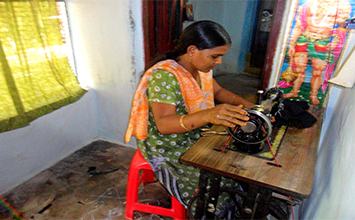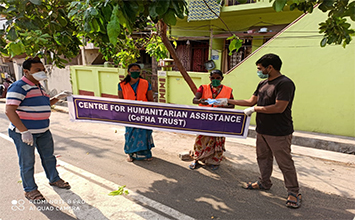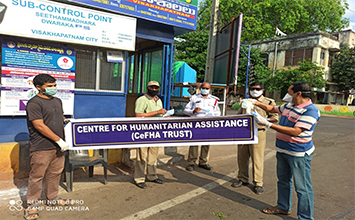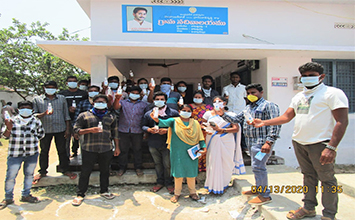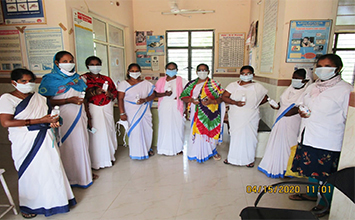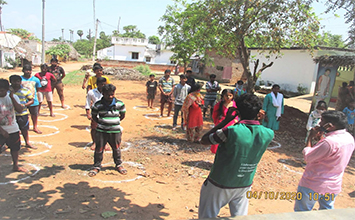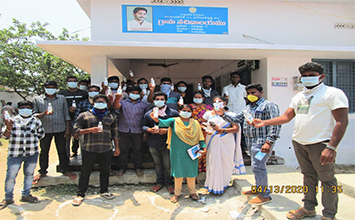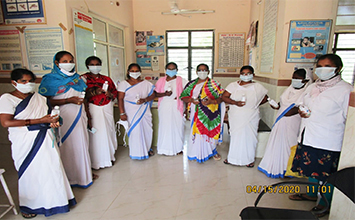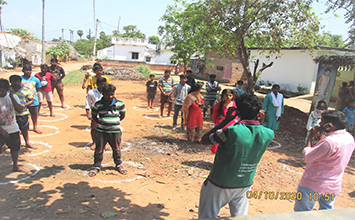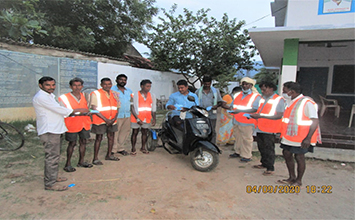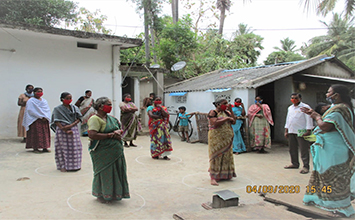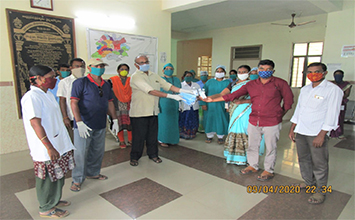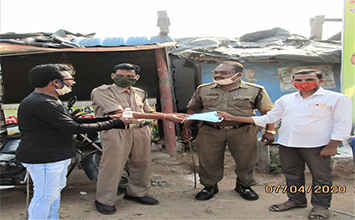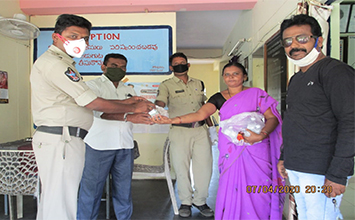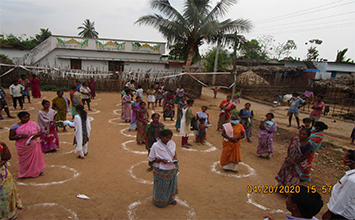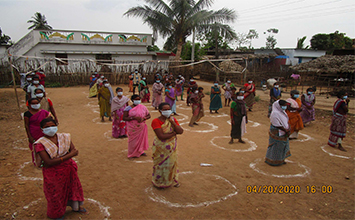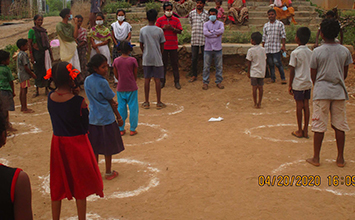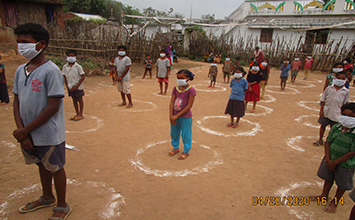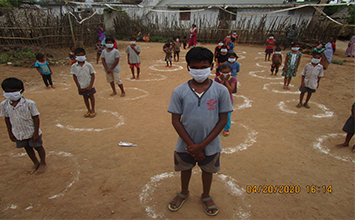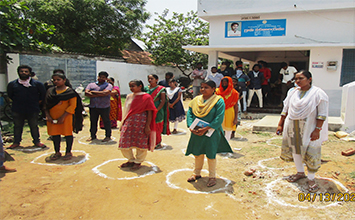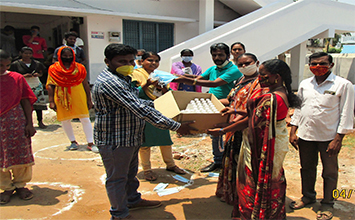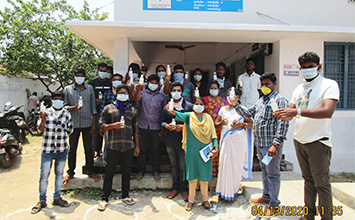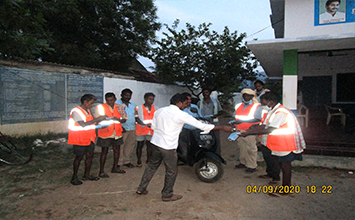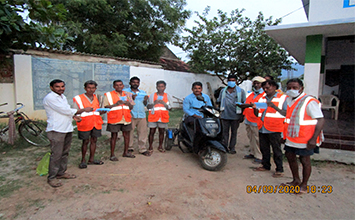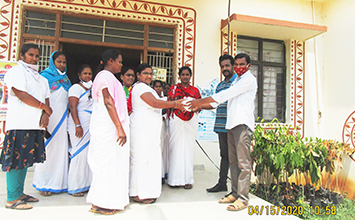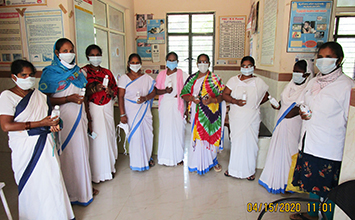|
|
|||||||||||||||||||||||||||||||||||||||||||||||||||||||||||||||||||||||||||||||||||||||||||||||||||||||||||||||||||||||||||||||||||||||||||||||||||||||||||||||||||||||||||||

 Centre for Humanitarian Assistance Trustworks with the indigenous communities, 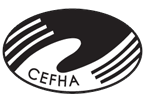 |
|||||||||||||||||||||||||||||||||||||||||||||||||||||||||||||||||||||||||||||||||||||||||||||||||||||||||||||||||||||||||||||||||||||||||||||||||||||||||||||||||||||||||||||
|
“To establish a just, egalitarian social order through the participation of communities to create self sustenance and self reliance for individuals, Families and Communities” |
|||||||||||||||||||||||||||||||||||||||||||||||||||||||||||||||||||||||||||||||||||||||||||||||||||||||||||||||||||||||||||||||||||||||||||||||||||||||||||||||||||||||||||||
|
SUSTAINABLE EMPOWERMENT OF Goal Empowerment of all people with disabilities for realizing their rights to education, health, livelihood/employment to lead quality life with dignity. | |||||||||||||||||||||||||||||||||||||||||||||||||||||||||||||||||||||||||||||||||||||||||||||||||||||||||||||||||||||||||||||||||||||||||||||||||||||||||||||||||||||||||||||
Objectives :
Programme Achieved So far in Kotauratla (Statistical Details)PWD PROGRAMME ACTIVITIES- 2010 April- 2014 January
CWD (Children With Disability) PROGRAMME ACTIVITIES- 2010 April- 2014 Jan
Livelihood promotionLivelihood promotion for the disabled is one of the important components of the project. The project would like to adopt scientific approaches for promoting livelihoods among the disabled. The project is intended to create and demonstrate a successful model of livelihood promotion among the disabled to benefit many institutions intended to work on livelihood promotion. Livelihood support
PWD CASE STUDIES 1. CASE STUDY ON PHYSICALLY DISABLED PERSON |
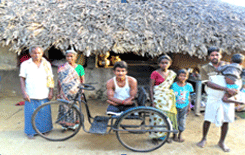 |
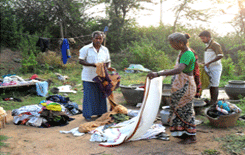 |
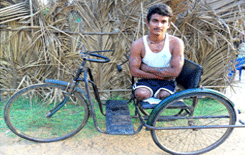 |
| T. Kumar Family | Family Occupation | T. Kumar |
2. CASE STUDY ON PHYSICALLY DISABLED PERSON:
CHINNI APPALANAIDU
Family situation:
Chinni Appalanaidu is 30 years old and he is young person Appala Naidu belongs to backward community (yatha) and land less poor family. He was by birth Dumb, he is married and having two children, staying in PK Palli village, Kotauratla mandal, Vishakhapatnam district. Family consists of six members and their main occupation is collecting palm Drink extraction and selling in the village. They are living in joint family and earning money three months only. After the season it is very difficult to maintain his family. They do not have any other alternative sources for their livelihood and they are living in small thatched house. The government is sanctioned Indira Avas housing program but due to poor economic condition they are unable to construct their house. Whole family is depending on traditional collecting palm drink and earning Rs.500-600 /- per week.
Family of Chinni Appalanaidu
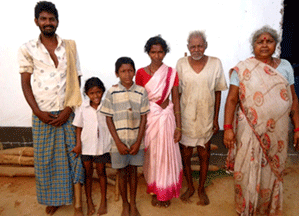
Past situation:
When he is offseason the family was depending on migration work and he is going for migration work more than 500 to 600 km from PK Palli village. The whole family is depending on Appala Naidu and his mother and father is old age they were unable to doing any work. While Appala Naidu went to migration work during the cutting of sugarcane as it was dark he could not see the snake he got incident by snake bite and immediately his friends took to hospital for emergency treatment. After few days he comes back to his village and suffering with Pain. Due to poor economic condition he is unable to refer to doctor. After few days help of community he referred to private hospital, Kakinada. Doctors suggested that to remove his left leg up to his knees because of leg was septic. According to doctors advice left leg was removed and he came back to home. He was unable to do anything and he is walking with help of stick.
After operation chinni Appalnaidu
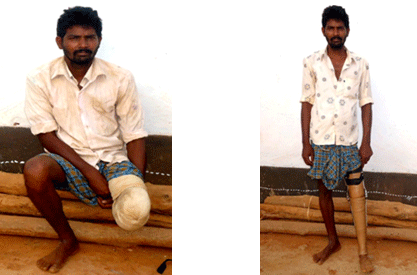
Project intervention :
The project started Community based rehabilitation work with PWD under this program project was conducted survey on disability persons. PK Palli also one of the target village and staff of PWD identified Appala Naidu and he is member of PWD group. Under the PWD Program project started generating awareness among the disable persons. Project started forming PWD Groups and monthly savings. The PWD team organizing every month group meetings and discussing their problems and mobilize them to collect monthly savings. The project arranged with a help of lions club, Vishakhapatnam, provided for mobility artificial leg.
PWD Group |
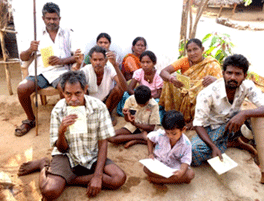 |
Tea shop |
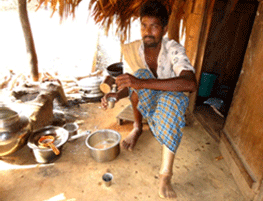 |
Present situation:
Presently Appala Naidu running small Tea shop in the village with help of PWD Group and he took challenge to provide good life for his children’s. The children’s are studying in 5th and 3rd class in government school, now he is getting support from the government every month Rs.500/- pension
3. CASE STUDY ON PHYSICALLY DISABLED PERSON: LAVETI KANNABABU
Family situation
Loveti Kannababu is a 27 years old and belongs to Yatha (Kallugeetha) community and staying in Sunkapur village, Kotauratlamandal,Vishakhapatanam district. The family is a land less and poor family. His family is consists of four members. He has an elder brother and his wife, two daughters. Elder daughter is 3 years old and younger daughter is one year old. Kannababu studied up to 7th class and he is affected by the polio in child hood and left lower limb impaired reach (Post polio residual paralysis) and Kannababu wife L.Laxmi is also disable effected with polio. They are living in colony house supported by the Government housing programme. All the members in the family is depending upon Kannababu . He is a small cycle mechanic it is very difficult to maintain their family. Kannababu and his wife getting every month pensionRs.1000/-from the government.
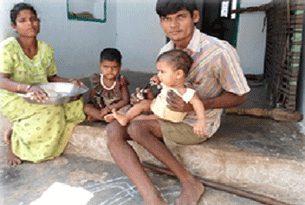
Intervention of CeFHA:
Project was organized PWD survey in sunkapuru village Kannababu is one of the PWD in the village. The project organised awareness campaigns and education on the livelihoods of PWDS. They also formed a PWD group in the village and Kannababu joined as a member in the PWD group. Later he also became a PWD network member also. He started savings every month Rs.50/- in the bank along with other members. Kannababu started a small cycle mechanic shop and got support by NTPC. After formation of the group he approached bank for loan and network supported him to get loan for cycle shop.
Kannababu & Laxmi
Present situation:
Kannababu don’t have any other alternative income sources to survival of his family. Banks sanction Rs.10, 000/- loan for him to expand his cycle shop with spare parts of the cycle. Now he started his own cycle mechanic shed nearer to main road and middle of the Jalluru and Sukapuru village. Today Kannnababu is a good mechanic and he is earning every day Rs.200/- to Rs.300/- now he started his individual A/C in the bank and every month he saving Rs.500/- in the bank. Kannababu and his wife thinking about children’s future how they will get good education and make them as a teacher or engineer.
Kannababu Cycle shop
Laxmi want to start some petty business in the village and she want to support her family. Laxmi alsoa member of PWD group and she is also continuing her savings in PWD group. Laxmi planned to take loan from the PWD group fund and start her own business.
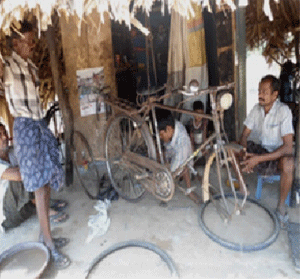
4. CASE STUDY ON PWD – LALAM LAXMAN RAO ; VILLAGE - RCH PALEM
Situation of the Family:
LalamLaxmanrao is 25 years old and belongs to Backward community and staying in Ramachandrapalem village,Kotauratlamandal,Vishkhapatanam district. He lives with his family in a Pakka house which was provided by the Government. His family consists of four members parents and his younger brother Mr.Marideswarao , who is studying in the collage. His parents are having 2 acres of land and both are working in agriculture field and produce vegetables, pulses and millets .Laxmanrao parents have to work all day long in order to sustain themselves and family. Laxmanrao finished intermediate in Purnasai hostel, Yalamanchili. His parents are illiterates and depending on agriculture . So they hope that if their children study well, they will be able to have a better future. Laxmanrao at the age of 3 years he got polio,bilateral lower limb impaired (post polio residual paralysis) and he is getting monthly Rs.500/- pension from the government.
Intervention of CeFHA:
Project was organized PWD survey in RCH Palem village Laxmanrao is one of the PWD in the village. The project organized meeting with 12 members of group in RCH Palem village. Laxmanrao is one of the member of PWD group and network member also. He started savings every month Rs.50/- in the bank along with other members. Laxmanrao always feels that he is burden of the family and he him self want to earn money for his expenses . Laxmanrao Started small petty shop in the village and slowly he is developing his shop and earning income to meet his needs. All the villagers are very supportive and buy goods from his shop. He is very much interest to learn computers .
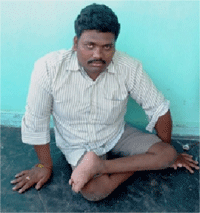
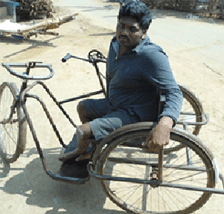
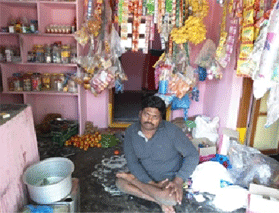
Present situation:
Laxmanrao don’t have any other alternative income sources to fulfil his dream . Laxman want to expend his petty business. He approached PWD group and network members about his application for loan to bank and bus pass to local government &APS RTC, Narsipatnam. With the support of the Project , he received loan Rs.10000/- and expanded his shop and also got bus pass. Now Laxmanrao is having good sales with all groceries and he is selling the goods with in the village and earns every day Rs.500/- to Rs.700/- and Laxmanrao join computer course in Narisipatnam. Laxmanrao started his own savings and every month he is saving Rs.5000/- in the bank.
Yasidipalem – A Village Revived
“A child’s well-being depends on the family’s well-being and a family’s well-being depends on the community’s well-being.”
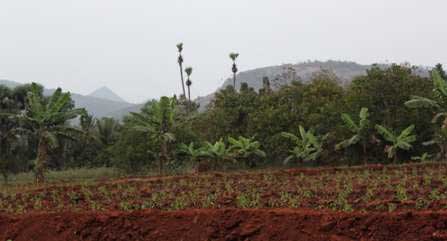
Yasidipalem is a small but beautiful village in Kotauratla mandal, Visakhapatnam district of Andhra Pradesh. Nestled amongst dense trees and surrounded by vegetable farms it is more than idyllic. 22 Dalit families live here farming the lands using organic methods, supporting themselves through a variety of livelihoods. All the children go to school and there older children are in high school and colleges.
But Yasidipalem was not always like this.
In 2005 Yasidipalem was a ghost-village 6 months in a year.
 Only
the old and the very young were left behind. All the able-bodied,
adult men and women and the older children were out of their
village earning a livelihood. Many of the families went 800-1000
kms. away looking for work.
Only
the old and the very young were left behind. All the able-bodied,
adult men and women and the older children were out of their
village earning a livelihood. Many of the families went 800-1000
kms. away looking for work.
The children left behind were mostly in the care of grandparents.
They didn’t go to school and many of them were busy doing the
housework which their grandparents couldn’t do. Children of
migrant parents are known to be distressed, missing their
parents, feeling lonely and abandoned.
The 6 months that the adult men and women returned were
spent on carrying out agricultural labour work in the fields of the
richer, higher caste farming families. The lands owned by the
villagers were entirely rainfed with no water source for
irrigation. Those who did manage to grow something grew cash
crops. Food security was only for 4 months a year.
What could be done?
It is impossible to work for children’s development without
 working on their larger context, their families and their
communities. Even if child development activities were taken up
their situation will only temporarily change eventually resulting
in them going back into the same situation they were growing in.
It is with this understanding that KNH took up a Child Focussed
Community Development project and the story of Yasidipalem
goes to show how such approach can have long term impact on
children’s lives.
working on their larger context, their families and their
communities. Even if child development activities were taken up
their situation will only temporarily change eventually resulting
in them going back into the same situation they were growing in.
It is with this understanding that KNH took up a Child Focussed
Community Development project and the story of Yasidipalem
goes to show how such approach can have long term impact on
children’s lives.
So, the first question we, with our local partner Centre for
Humanitarian Assistance (CeFHA) and the community, asked was
“how could migration be stopped in the village?” Clearly, the
answer was that if people found and had livelihood opportunities
within their village or close by they will not migrate, and that is
how the story of Yasidipalem began.
We began with a 5-pronged approach – children’s development,
farm-based development activities, skill trainings for alternate
livelihood options, Self-Help Groups for women and coordinating
with government agencies for helping people access
their entitlements.
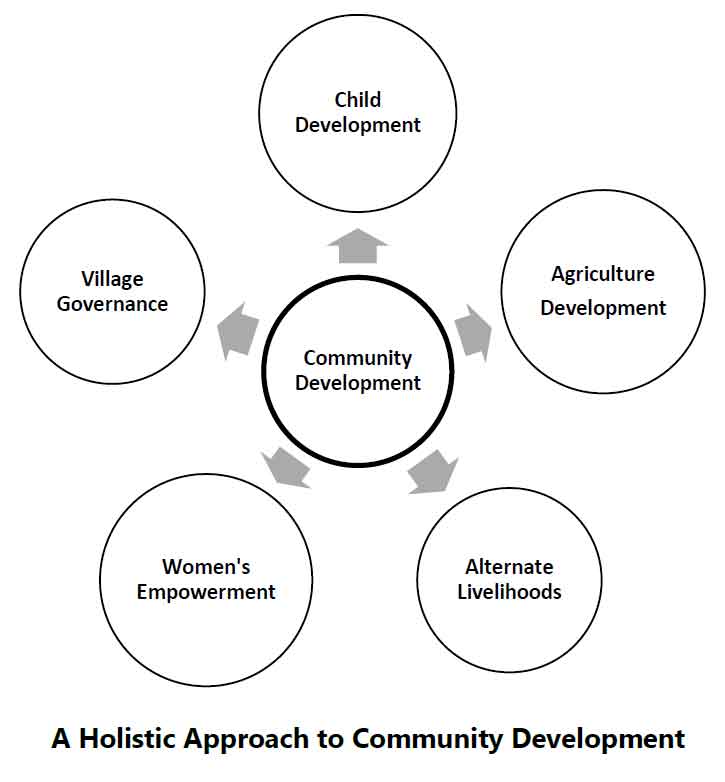
So, what was done?
Children’s Development Activities
We began with what was required most urgently – health and
nutrition.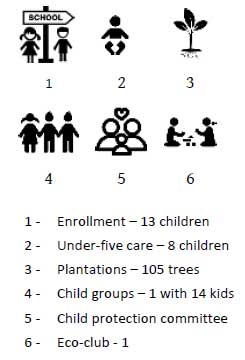 A supplementary feeding centre was set up which
ensured that 16 children were regularly fed. Nutritional gardens
were promoted and taken up by 22 families. A village health
clinic and a under-five clinic screened and provided care and
support to the community and the children respectively. Preand-
post natal care ensured that pregnant women were
supported during their pregnancy.
A supplementary feeding centre was set up which
ensured that 16 children were regularly fed. Nutritional gardens
were promoted and taken up by 22 families. A village health
clinic and a under-five clinic screened and provided care and
support to the community and the children respectively. Preand-
post natal care ensured that pregnant women were
supported during their pregnancy.
Children’s education was taken up in a big way. 13 children were
enrolled in schools and education assistance was provided to
them. A Children’s Group was formed through which children
took up a variety of fun activities like school plantations through an eco-club. Workshops were conducted on fabric painting,
jewellery making etc. and sports materials were purchased for
regular games. Children also raised their own funds and set up
their own education fund.
A Child Rights Protection Committee was set up which looked
into issues which children faced and these were resolved
together with the parents and the community.
Self-Help Groups
Self-Help Groups for women were promoted with the mothers of
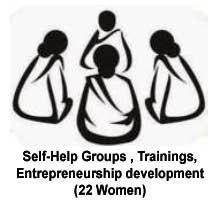 the children and others. Women began to save small amounts
regularly which helped them with their micro home needs.
Regular dialogues with them and their families about status of
women and their rights helped empower them. Leadership
training programs helped bring out their leadership qualities and
built confidence and a sense of empowerment.
the children and others. Women began to save small amounts
regularly which helped them with their micro home needs.
Regular dialogues with them and their families about status of
women and their rights helped empower them. Leadership
training programs helped bring out their leadership qualities and
built confidence and a sense of empowerment.
Farm-based Activities
An ecologically sound agro-forestry system was introduced.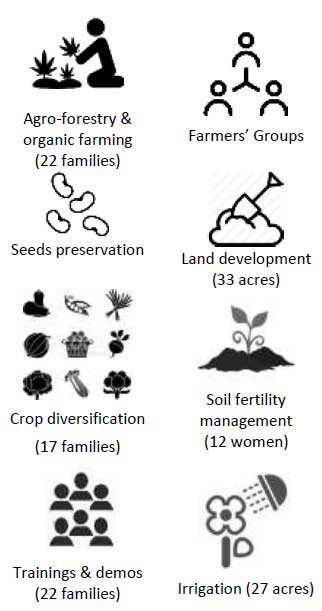 Diversification of crops, inter-cropping of vegetables, tubers,
fodder and fruit trees was demonstrated on a demo plot. Organic
methods and practices were re-introduced. A bio-resource centre
was set up which became a key meeting place for the farmers
where they could learn new techniques and share their
experiences. A series of training programs on preparation of
organic fertilizers and pesticides, seed preservation and
multiplication, soil fertility management ensured that people’s
knowledge on this was renewed and increased. Livestock, cattle,
goats and sheep and poultry were provided which not only
provided the manure for agriculture but also ensured
supplementary income. The combination of these things ensured
that the families had enough food to eat and had cash for their
other needs. Surplus produce from the farms and their livestock
was sold in the local markets.
Diversification of crops, inter-cropping of vegetables, tubers,
fodder and fruit trees was demonstrated on a demo plot. Organic
methods and practices were re-introduced. A bio-resource centre
was set up which became a key meeting place for the farmers
where they could learn new techniques and share their
experiences. A series of training programs on preparation of
organic fertilizers and pesticides, seed preservation and
multiplication, soil fertility management ensured that people’s
knowledge on this was renewed and increased. Livestock, cattle,
goats and sheep and poultry were provided which not only
provided the manure for agriculture but also ensured
supplementary income. The combination of these things ensured
that the families had enough food to eat and had cash for their
other needs. Surplus produce from the farms and their livestock
was sold in the local markets.
Two borewells were dug which provided irrigation to the
agricultural lands.
Alternate Livelihoods
A series of skill trainings were held which helped the families
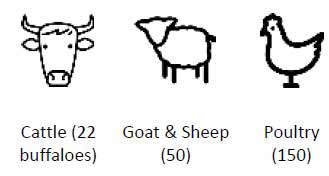 take up supplementary activities. They learnt to make soaps and
detergents, food processing, mushroom cultivation, bird rearing
etc. and this created multiple livelihood options.
take up supplementary activities. They learnt to make soaps and
detergents, food processing, mushroom cultivation, bird rearing
etc. and this created multiple livelihood options.
Village Governance
People’s organisations were promoted that helped people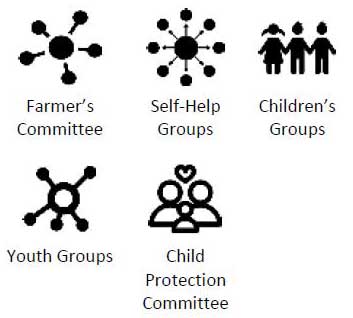 actively participate in the governance of their village and engage
collectively with the government agencies. Farmers’ Committee,
Youth Group, Forest Committee and a Dalit network ensured that
issues relating to the respective subject were dealt with
collectively. Their collective strength helped them negotiate with
the panchayat and other agencies to garner and access schemes,
solve problems and demand for what were their rights. Working
collectively has also ensured that the relationships within the
community and with other villages around become healthy.
Conflicts are resolved together and where support is needed it is
given.
actively participate in the governance of their village and engage
collectively with the government agencies. Farmers’ Committee,
Youth Group, Forest Committee and a Dalit network ensured that
issues relating to the respective subject were dealt with
collectively. Their collective strength helped them negotiate with
the panchayat and other agencies to garner and access schemes,
solve problems and demand for what were their rights. Working
collectively has also ensured that the relationships within the
community and with other villages around become healthy.
Conflicts are resolved together and where support is needed it is
given.
So, did all this work?
Yes, it did.
The community of Yasidipalem that was entirely dependent on
migration and agricultural labour work became entirely selfreliant
and self-sufficient in a few years.
They began to grow their own food. Traditional seeds began to be
used. Kitchen gardens supplemented and bolstered family
nutrition.
Children began to go to school. They were now involved in child
relevant and child appropriate activities. They no longer did
work which was better suited to adults.
Women became economically independent. They started
participating in community level decision making and their own
leadership qualities emerged.
Farming became diversified, sustainable and a viable activity.
Surplus began to be sold in the local markets. Bio-degradable
wastes were recycled into farming manure. Soil became healthy.
 A variety of supplementary and alternate livelihoods activities
now supported the families. The diversification of livelihoods
meant that families were not starving during lean seasons.
A variety of supplementary and alternate livelihoods activities
now supported the families. The diversification of livelihoods
meant that families were not starving during lean seasons.
Individual and collective savings created a safety net and became
resource during emergencies. The dependence on moneylenders
decreased and debt traps avoided.
A host of government schemes were accessed and village
infrastructure, water and sanitation facilities, housing improved.
What people say:
“Earlier the people of Yasidipalem
used to come and work for us. Now
we go and work for them!”
– a farmer from the neighbouring
village
“The people of Yasidipalem are
not just Rajus but have become
Maharajus!”
– people from neighbouring
villages
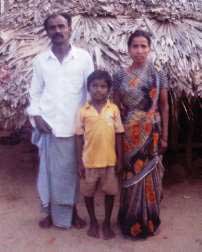 Ravada Apparao, a Dalit from the village, and his family of five
worked as daily wage labourers, weaving palm fiber baskets and
earning Rs. 300-400 a week. This meager earning was just not
enough for the family to survive. Apparao tried leasing land to
cultivate as he and his wife did not own any land. Bad
monsoons ensured that the crop failed and Apparao had to take
a loan to offset his losses. The loan became a trap and he and
his wife began to go to far away cities to earn a living and to
collect money to pay off his loans. Apparao’s poverty meant
that his three children could not be educated and the whole
family was malnourished.
Ravada Apparao, a Dalit from the village, and his family of five
worked as daily wage labourers, weaving palm fiber baskets and
earning Rs. 300-400 a week. This meager earning was just not
enough for the family to survive. Apparao tried leasing land to
cultivate as he and his wife did not own any land. Bad
monsoons ensured that the crop failed and Apparao had to take
a loan to offset his losses. The loan became a trap and he and
his wife began to go to far away cities to earn a living and to
collect money to pay off his loans. Apparao’s poverty meant
that his three children could not be educated and the whole
family was malnourished.
His was one of the families supported by the project and Apparao bought a buffalo, few goats
and chicks. He and his wife began growing fodder in the wastelands around and went into milk
business within the year. They could now earn Rs.1500-2000 per week. Apparao paid off his
loans and put his children in school. His daughter is now in college and the other two children
gearing up for higher studies.
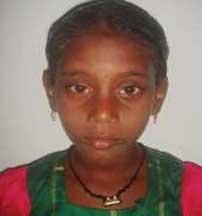 Ravada“When I was a small kid, I remember, my parents leaving me at
my grandmother’s house. They had to go to work far away in a
city to earn and get food for us. I used to be very weak and could
not play or study”, says Bharathi. She is a nine-year old Dalit girl
who dropped out of 2nd class from Kodavatipudi school.
Bharathi joined the Bridge Camp, an initiative to help drop-out
children to make up academically so they could get entry into
schools. She now goes to school and is today in 7th standard and
doing well in her studies.
Her parents have become farmers now and no longer migrate for many months in a year.
“Suddenly I see everything has changed. My family and friends are with me all the time now.
We play, we study and have a lot of fun!”.
Ravada“When I was a small kid, I remember, my parents leaving me at
my grandmother’s house. They had to go to work far away in a
city to earn and get food for us. I used to be very weak and could
not play or study”, says Bharathi. She is a nine-year old Dalit girl
who dropped out of 2nd class from Kodavatipudi school.
Bharathi joined the Bridge Camp, an initiative to help drop-out
children to make up academically so they could get entry into
schools. She now goes to school and is today in 7th standard and
doing well in her studies.
Her parents have become farmers now and no longer migrate for many months in a year.
“Suddenly I see everything has changed. My family and friends are with me all the time now.
We play, we study and have a lot of fun!”.
Yasidipalem story in pictures
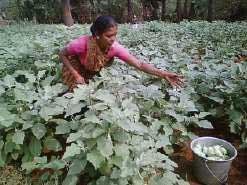
Growing food & vegetables
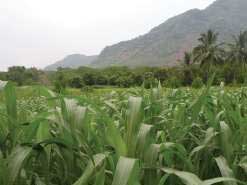
Fodder for animals
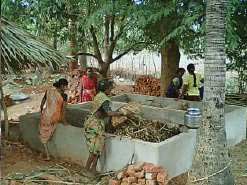
Organic manure preparation
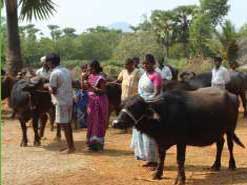
Purchasing buffaloes
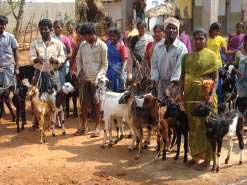
Goats and sheep

poultry
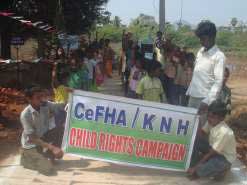
Working on Child Rights
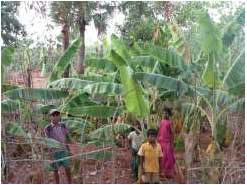
Children’s plantations
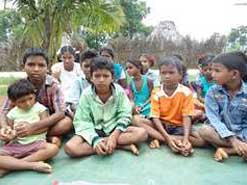
Children’s groups
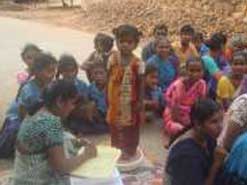
Children’s health screening
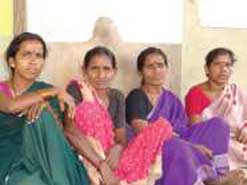
Women’s SHGs

Skill trainings
Centre for Humanitarian Assistance Trust, Flat.No-501, Revathi Hill, Balaya Sastri LayOut, Seethammadhara, Visakhapatnam 530013
© 2012 - 2013 | All Rights Reserved - CefHA
Designed & Developed
www.theazeemkhan.com
